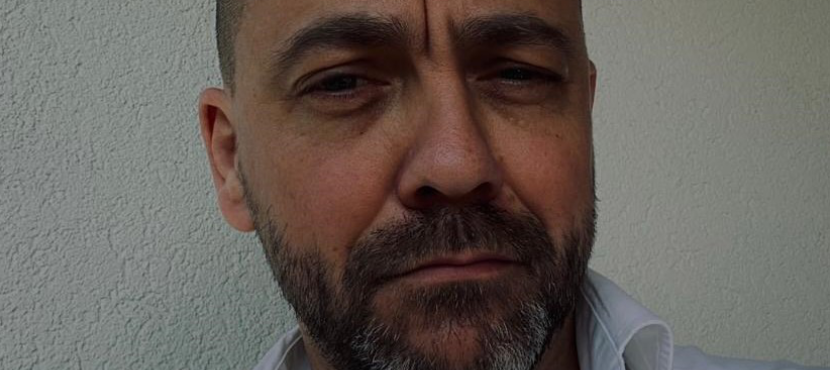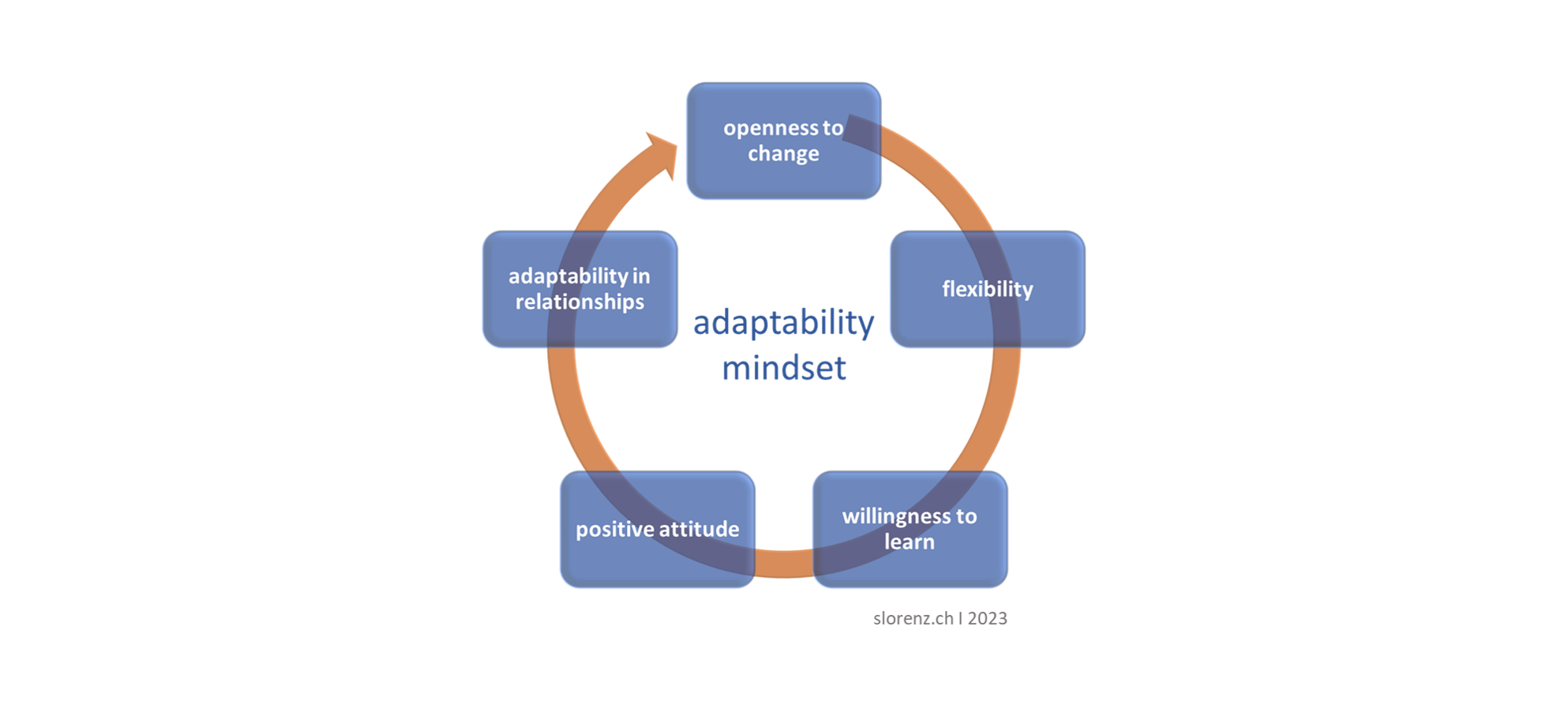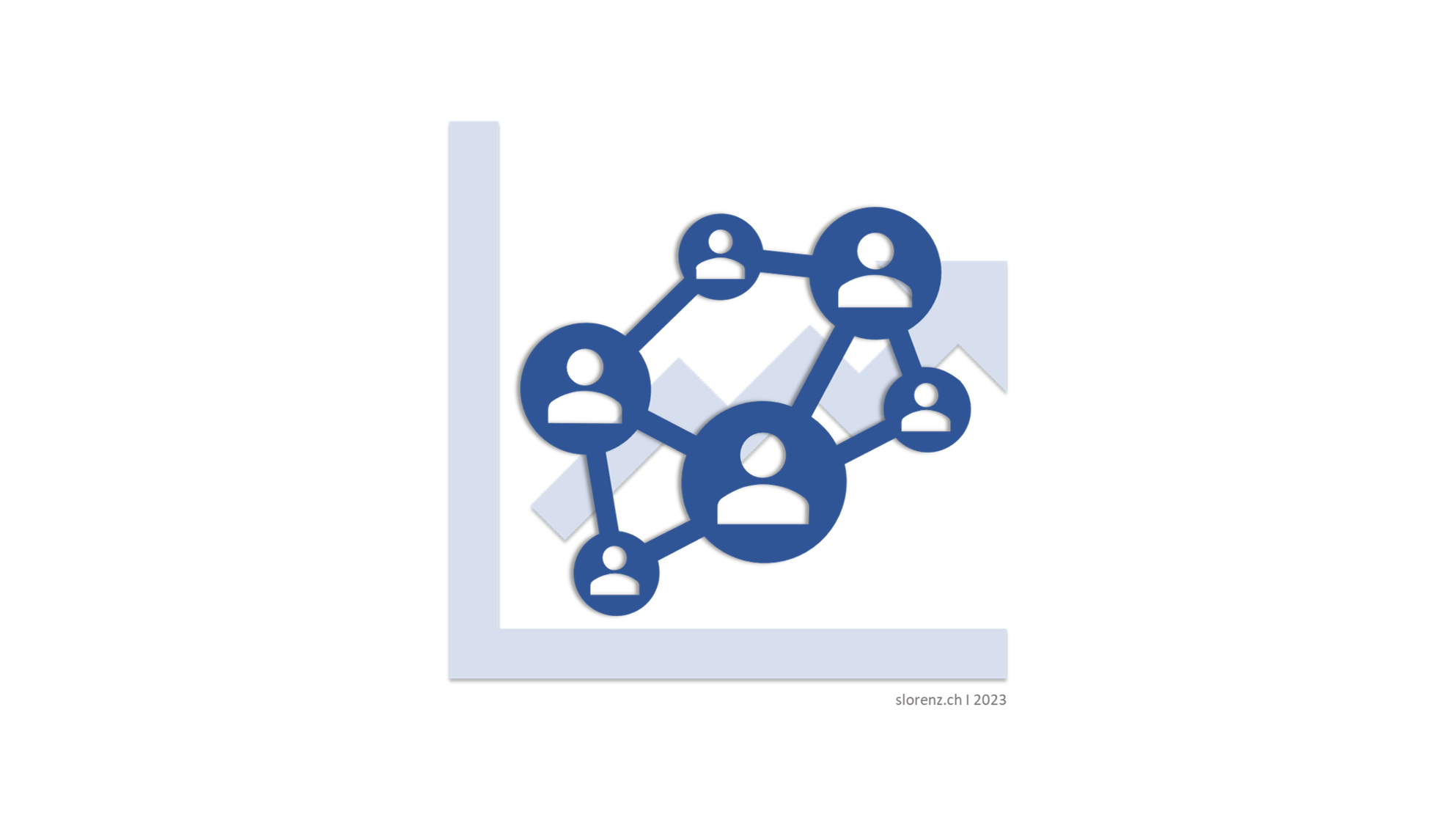Throughout my professional journey, I have consistently found myself at the heart of transformative change initiatives, often those burdened by complexity and hindered by disarray, where progress seemed out of reach. Time and again, as I navigated these challenges and gathered invaluable lessons, one truth emerged with unwavering clarity: the greatest barrier to change is not strategy, structure or technology: it is culture.
Culture doesn’t just happen. It’s not something we can dictate in strategy papers or stick to walls in the form of corporate values. Culture is the living, breathing outcome of what we collectively do, say and tolerate every day. Over time, I’ve come to realize that real culture change, the kind that lasts and gains traction, starts with two key forces: the individual and intentional change leadership.
I have explored numerous change management models in pursuit of the one best suited to driving sustainable corporate development.
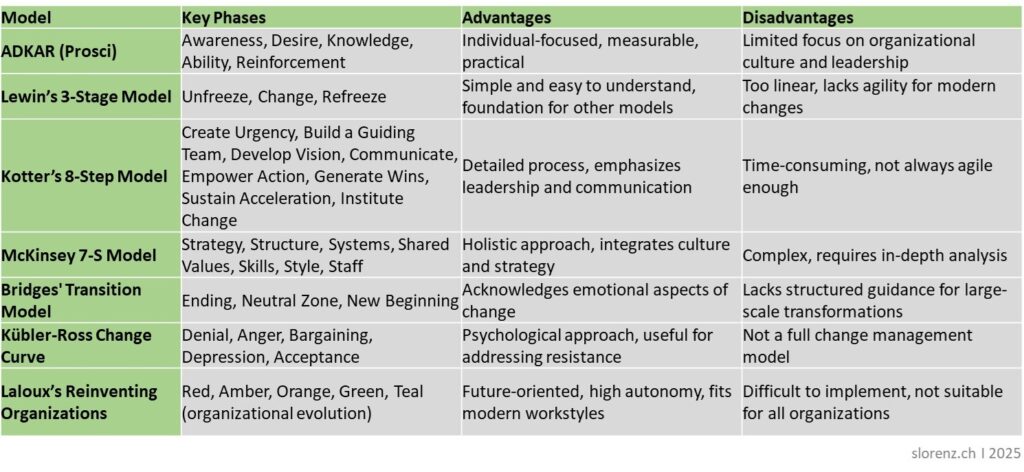
In many change initiatives, we start by designing new processes, reshaping structures or introducing new tools. But I’ve learned that if we don’t first explore the current implicit culture, the unspoken norms, the hidden assumptions, the stories we tell ourselves, we risk pushing change that simply bounces off the surface.
So I begin by listening. Not just to what people say in meetings, but what they whisper in the corridors (or drop into Teams chats). I look for patterns in how decisions are made, how mistakes are handled and how recognition is given. This cultural undercurrent forms the invisible system that can either reinforce or resist any change effort.
💡 Once I understand where we are, I shift my focus to where we want to go, and most importantly, who we need to become to get there.
🔎 Here’s the part that excites me: real cultural transformation doesn’t come from top-down mandates. It happens through the empowerment of individual contributions.
Everyone in the organisation plays a role in shaping culture. When I encourage individuals to connect their work to a shared purpose and to bring forward behaviors that reflect our future aspirations, the culture begins to shift, not in giant leaps, but in hundreds of small, meaningful moves.
❔ I often ask:
- What does your contribution to our future culture look like?
- What behavior can you model today that reflects where we’re heading?
💡 This kind of reflection transforms passive observers into active culture-shapers.
But individual contribution doesn’t thrive in a vacuum. It needs to be nurtured by change leadership that is conscious, consistent and courageous. My role is to create the conditions for contribution, spaces for dialogue, psychological safety, clarity around change goals and permission to experiment.
💡 I don’t see myself as the one who “drives” change. Instead, I see myself as the one who makes change safe, clear and worth it.
In this new approach to change, I integrate the cultural analysis right at the beginning. I don’t treat it as an optional soft layer, it is the foundation.
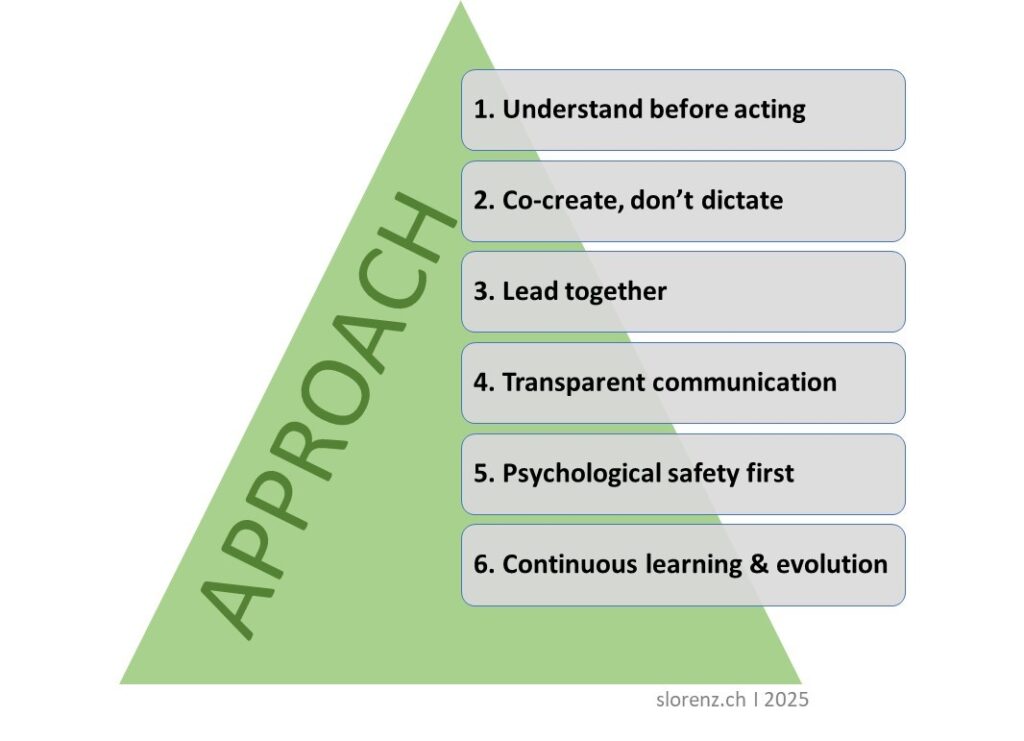
🔎 From there, I co-design the change journey with others, constantly looping back to culture:
- Are our new processes aligned with our desired culture?
- Are we rewarding the right behaviors?
- Are we telling new stories that reinforce the shift?
👉 I measure progress not just by milestones achieved, but by the culture we feel emerging: one with clarity, ownership and increasing traction.
☑ When people feel that their personal contribution matters, not just to their tasks, but to the kind of organisation we are becoming, something powerful happens. Culture stops being an abstract concept. It becomes a shared energy source. A system of momentum.
☑ And that’s the kind of culture I strive to build: not one that pushes people to change, but a culture with traction, where people are naturally drawn in because it feels meaningful, co-created and worth being part of.
🎯 From here, I see the beginning of a strategy process that truly fits the organisation, one that empowers, not just plans and is built not for the drawer, but for real, effective execution.
📌 How do you experience change in your organisation? What are the obstacles you’re facing on the path to real cultural transformation?
I’d be happy to connect and feel free to reach out for an informal conversation. Sometimes a fresh perspective is all it takes to spark momentum.
Best regards
Stephan



